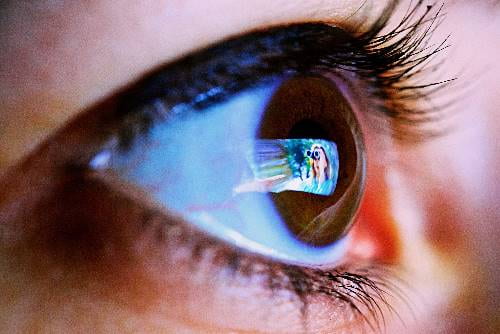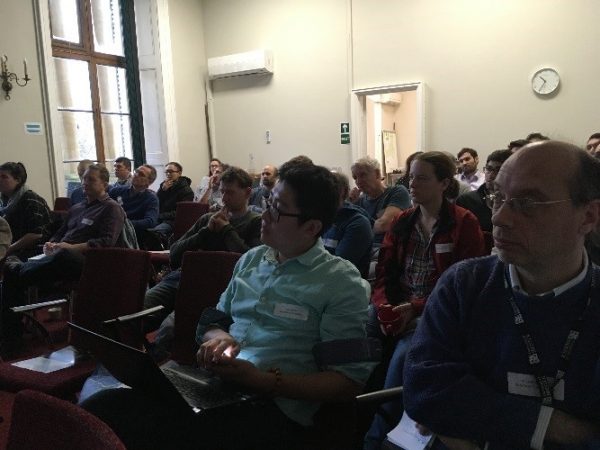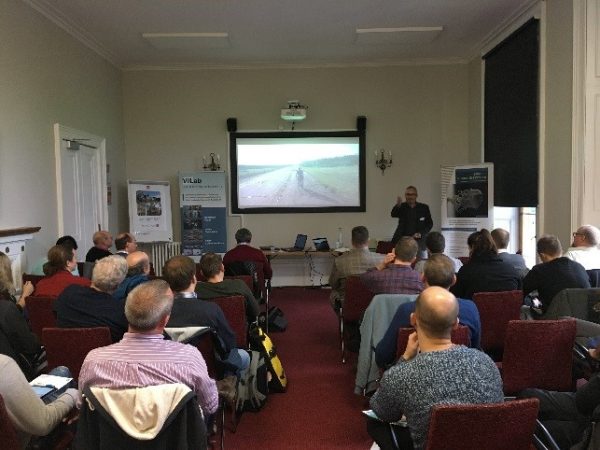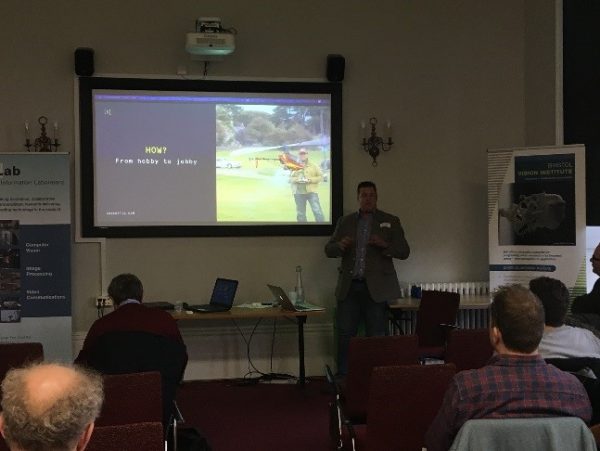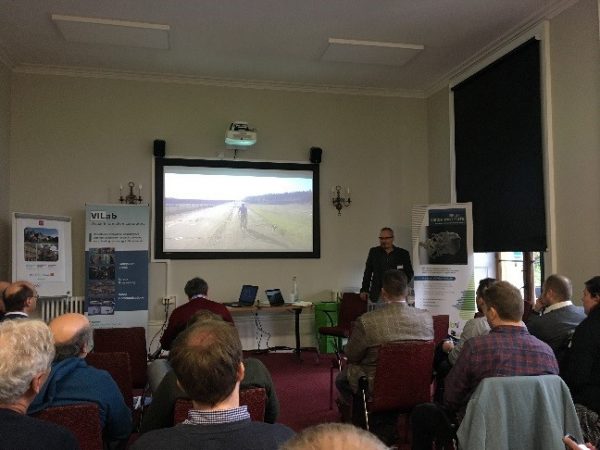The Role
The newly established MyWorld research programme, led by the University of Bristol, is a flagship five-year, £46m R&D programme collaborating with numerous industrial and academic organisations. The MyWorld Creative Technologies Hub is now expanding in line with its mission to grow the West of England’s Creative Industries Cluster with major investments in new facilities and staff at all levels.
We are now offering unique opportunities for four Post-Doctoral Research Associates in
- AI methods for Video Post-Production
- Robot Vision for Creative Technologies
- Perceptually Optimised Video Compression (sponsored by our collaborator, Netflix, in Los Gatos, USA).
- Visual Communications
Contract and Salary
All these four posts are based in the Faculty of Engineering, University of Bristol, and the salary range is Grade I = £34,304 – £38,587 per annum or Grade J = £38,587 – £43,434 per annum.
Application Information
We anticipate that candidates will possess a good honours degree along with a PhD in related disciplines, or extensive relevant industrial/commercial experience. We expect a high standard of spoken and written English and the ability to work effectively both independently and as part of a team.
Please following the link provided for each post to access detailed job description and the application system.

